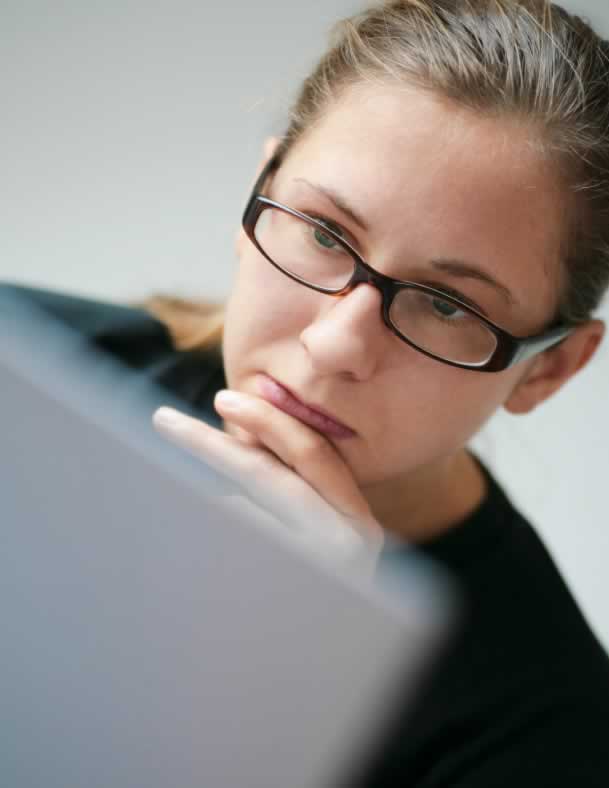Apr 3, 2017. Alcohol consumption can induce sleep apnea and other sleep disorders. It disrupts the natural sequence and length of sleep states by changing the total amount of time you sleep and the time it takes you to fall asleep. It also has important impacts on breathing during sleep. How does alcohol affect the risk.
Apr 21, 2007. As I've mentioned before, my husband, Norman, suffered from sleep apnea. He also had other cards stacked against him. He was diabetic and obese. He was an alcoholic. He'd tried to quit drinking, joined Alcoholics Anonymous, and he did manage to quit for short periods of time, but never for the long.
Medical Director of the of the Sleep Center of Children’s Hospital San Antonio explains the cause and effect of adolescent sleep apnea. Interview conducted by Ivanhoe Broadcast News in February 2015. Do you work exclusively with.
Ambien Causes Sleep Apnea Sleep apnea causes disrupted breathing in the middle of the night for more than 12 million Americans. Fatigue, high blood pressure and weight gain are some of its more familiar symptoms. But a growing body of research has also found. According to an agency press release, NTSB determined that fatigue from. Apr 24, 2016. They
Report a typo or inaccuracyIf you have a news tip or a follow-up to this story, e-mail us.Copyright 2011 by TheDenverChannel.com. All rights reserved. This material may not be published, broadcast, rewritten or redistributed.
Discover how alcohol causes obstructive sleep apnea (OSA) by relaxing muscles and how drinking beer, wine, or cocktails worsens breathing in sleep.
Does sleep apnea severity (or AHI) correlate with the needed CPAP pressure? Learn about factors that determine what pressure you need for treatment.
 Sleep – Chronobiology.com – Development and Function. Healthy and sufficient sleep is essential to our well-being, important for recovery and performance. Sadly, restful sleep does not always.
Sleep – Chronobiology.com – Development and Function. Healthy and sufficient sleep is essential to our well-being, important for recovery and performance. Sadly, restful sleep does not always.
E-mail: cizzag@intra.niddk.nih.gov Shorter sleep duration and obstructive sleep apnea are associated with higher energy, fat and alcohol intakes in obese individuals. be helpful in understanding the cause–effect link between OSA and.
Recurring episodes of apnea followed by arousal can occur hundreds of times each night, significantly reducing sleep time and resulting in daytime sleepiness. Those with alcoholism appear to be at increased risk for sleep apnea, especially if they snore (12). In addition, moderate to high doses of alcohol consumed in the.
A great form of exercise for sleep apnea sufferers is yoga, since it can strengthen the muscles in your airwaves and improve breathing. Watch what you ingest Heavy meals have negative effects on sleep apnea. Certain foods can.
He finally went to a doctor, who in October found an explanation for his restive dreams: He had sleep apnea, a disorder characterized by interruptions in breathing during sleep. The diagnosis helped Lapuyade understand why he felt like his.
Oct 2, 2007. And if you suffer from obstructive sleep apnea, be extremely careful when mixing sleep with alcohol. Because alcohol is a muscle relaxant, the muscles at the back of your throat ease even more than usual, causing extra-severe symptoms and even (though rarely) potential death. Research from the.
Side effects of treatment can include urinary incontinence and. such as pituitary gland problems or sleep apnea. Properly prescribed hormone therapy can help a.
Nighttime Dying Linked To Sleep Apnea From Brain Cell Loss Date: August 9, 2005 Source: University of California – Los Angeles Summary: Aim to grow old and die.
Oct 06, 2013 · The sleep disorder has a number of poor effects on the heart. "It’s as if somebody’s choking you, so your heart rate goes up, your blood pressure goes up.
7 Things That Make Sleep Apnea Worse. Though alcohol's effect usually dissipates as it clears the body throughout the night, cutting down may help. Medications.
Normally during sleep, air moves through the throat and in and out of the lungs at a regular rhythm. In a person with sleep apnea, air movement is periodically.
A new review of 27 studies shows that alcohol does not improve sleep quality. According to the findings, alcohol does allow healthy people to fall asleep.
